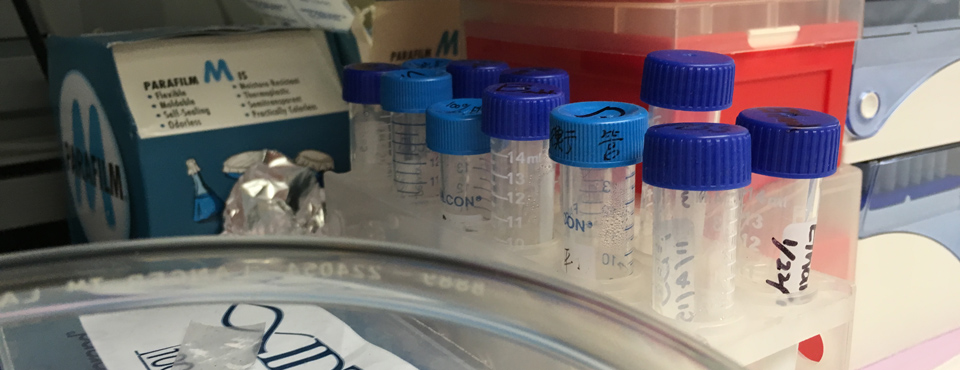The Role of Veterinary Labs in Protecting Pet Health
The Role of Veterinary Labs in Protecting Pet Health
Blog Article
The health of pets is a top priority, and keeping them healthy requires effort. Testing facilities for pets play a crucial role in preventing diseases for domestic pets.
In this discussion, we’ll delve into the importance of veterinary labs and outline essential tests.
Understanding Pet Diagnostic Centers
Diagnostic labs for pets provide health assessments for evaluating pet health. They help veterinarians to develop effective treatments.

Their process usually includes:
- Gathering biological samples: Blood, urine, or feces are prepared for analysis.
- Advanced diagnostics: Specialized tools and methods evaluate the samples.
- Reporting outcomes: Data supports treatments for effective health management.
Common Veterinary Tests for Dogs and Cats
Labs provide diverse options for health checks to prevent serious conditions. Routine diagnostics include:
- Blood tests: Detect anemia or chronic conditions.
- Bladder and kidney checks: Spot urinary tract infections.
- Gut health screenings: Spot signs of infections.
- Allergy testing: Support long-term comfort.
- Advanced imaging tests: Spot fractures or injuries.
How Testing Supports Pet Health
Routine diagnostics supports proactive health management. With timely diagnostics, vets can provide better care.

Additional benefits include:
- Better disease management: Health problems are minimized.
- Saving on future treatments: Early detection reduces expenses.
- Confidence in care: Feel secure about their health.
laboratorio veterinario abc
The Value of Diagnostics for Pet Owners
Pet health labs are vital for protecting the health of dogs and cats. Through proactive diagnostics, you give them the care they deserve.
Act now to safeguard your pet’s future and support their wellness every step of the way!
Report this page